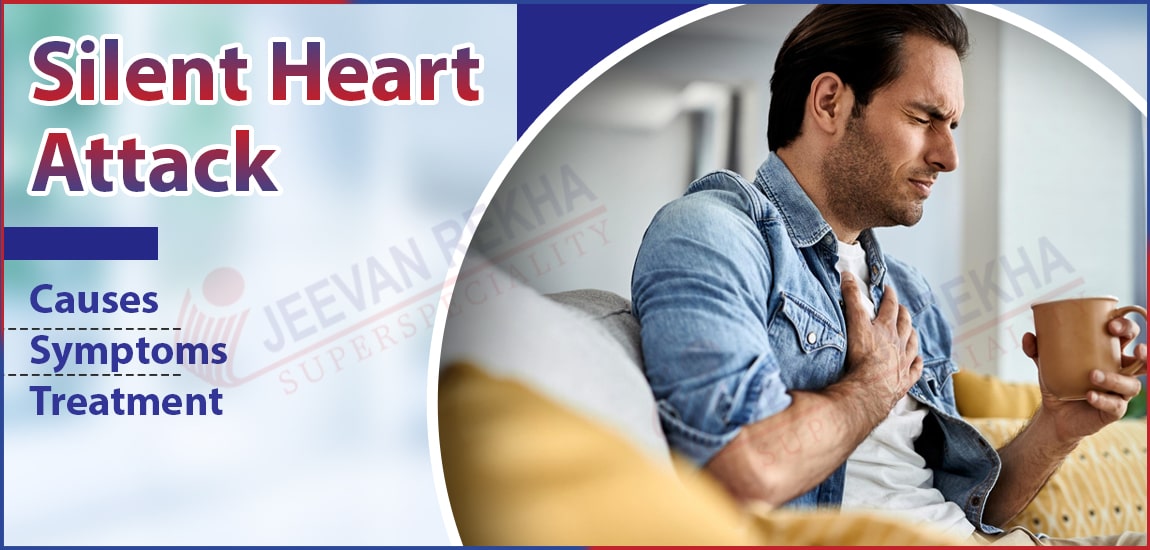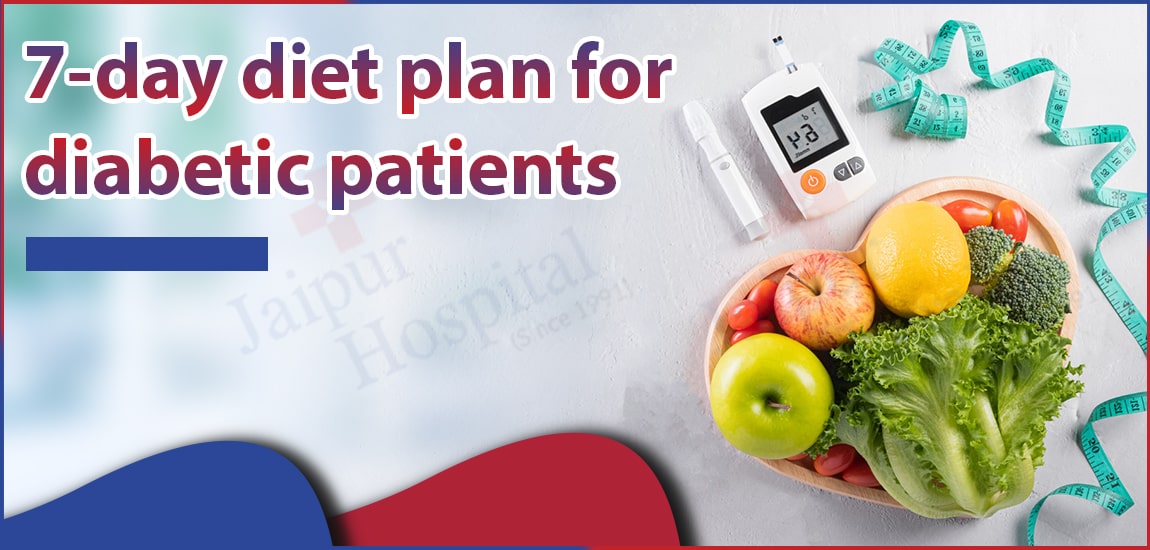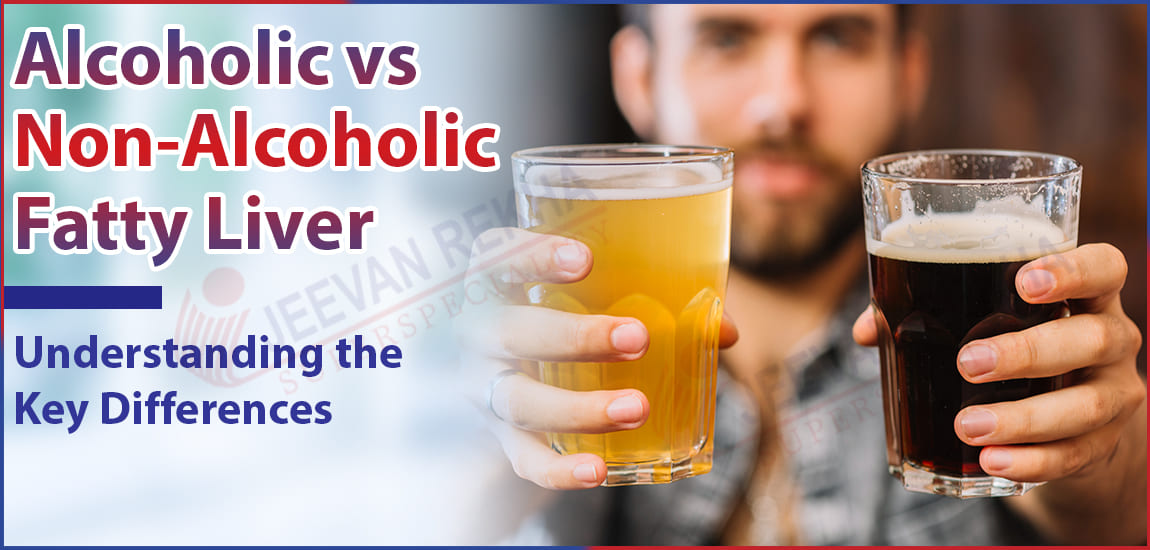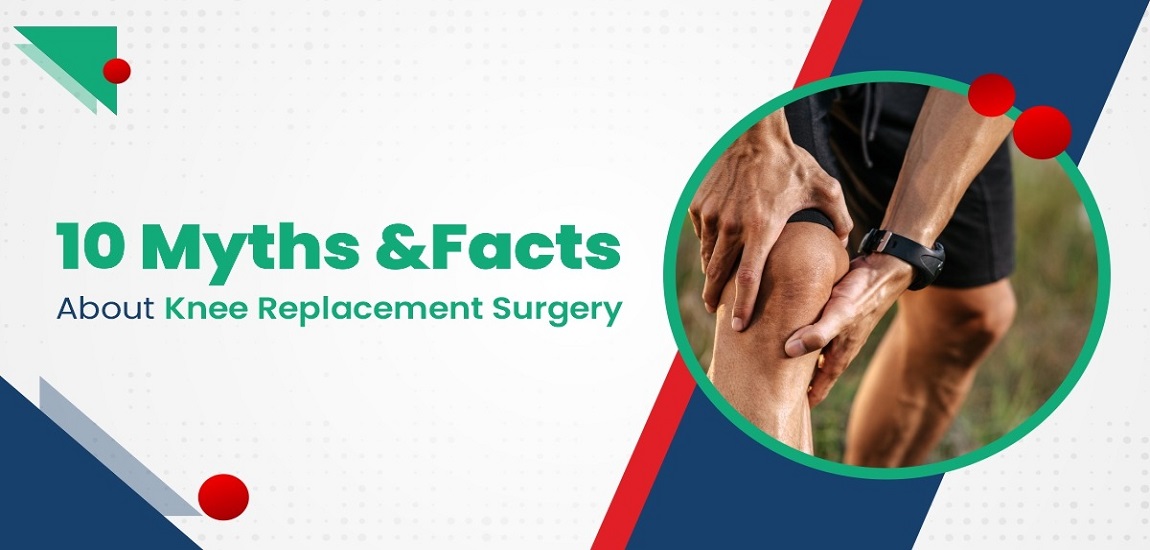
- By Jrsh Admin
- In Health and Tips,
- Posted October 24, 2025
Silent Heart Attack: Causes, Symptoms and Treatment
When a heart attack comes to your mind, the first thing is a sudden chest pain, sweating, and visiting the hospital in an emergency. But heart attacks are not always the same, and some can actually occur without the typical dramatic symptoms we associate with them. These types of heart attacks are called silent heart attacks, or sometimes quiet heart attacks or mini heart attacks.
What Is a Silent Heart Attack?
Silent heart attack is the condition in which the blood flow to the heart muscle is cut off, just like in a normal heart attack, but the difference is that the person either does not feel any symptoms or confuses them with something less serious, e.g. indigestion, tiredness, or muscle ache.
Silent heart attack is a condition that many people discover they had only after undergoing tests for another illness, or during a routine cardiologist check-up. Though termed “silent,” this kind of heart attack can still cause severe heart injury and thus, should never be neglected.
Symptoms of Silent Heart Attack
You may ask if it’s “silent,” how then can you tell? The symptoms of a silent heart attack can be rather subtle and easily disregarded. So, here are the signs to look out for:
- Mild chest discomfort – not sharp pain, but rather the sensation of constriction or pressure that appears and disappears.
- Breathlessness – even during minor activity or at the time of rest.
- Fatigue or weakness – unexpected tiredness with no apparent cause.
- Discomfort in the jaw, neck, back or arms – at times misdiagnosed as a strain of the muscles.
- Lightheadedness or dizziness – particularly when standing or doing light exercises.
- Nausea or heartburn-like sensation – often mistaken for stomach issues.
If these signs appear, mainly if you are prone to heart disease, don’t take them lightly—have a consultation with a cardiologist right away.
Silent Heart Attack's Impact on Your Body
Silence through pain does not mean a heart attack does not severely injure the heart. Heart tissue suffers from being deprived of oxygen when the blood flow is obstructed; as a result, it is killed leading to scarring. The heart function is weakened and less efficient in pumping blood. Accordingly, the following can be caused:
- Irregular heartbeats (arrhythmias)
- Heart failure
- Increased risk of another, more severe heart attack
Eventually, you would realize the decrease in your physical performance along with being short of breath and coming across with cormorant in your feet or legs, which are all symptoms of the weakened heart function.
What Increases Your Risk of Having a Silent Heart Attack?
A heart attack that is silent can happen to anyone; however, some individuals are more likely to suffer it. The most common risk factors consist of:
- Diabetes – Excess sugar in the blood may cause the nerves to die, making the person less aware of the pain that is a signal for a heart attack.
- High blood pressure (hypertension) – The heart and the arteries have to work harder because of the extra pressure.
- High cholesterol – It causes the arteries to become narrow due to the formation of plaques.
- Smoking – Causes the blood vessels to be less healthy and the blood to be less oxygenated.
- Being overweight and lack of exercise – The heart has to work harder to pump blood.
- Family history of heart diseases – It increases the risk of having a condition that is hereditary.
- Age and sex – Older adults and women (who might have less severe symptoms) are the groups where the phenomenon of silent heart attack is most prevalent.
You Can Read Also: Pacemaker Surgery: Procedure, Benefits & Recovery
What Types of Testing Are Used to Identify Silent Heart Attacks?
As a result of the fact that silent heart attacks do not always present with the classical symptoms, the doctors depend on special tests to show heart damage. The most common diagnostics are the following:
- Electrocardiogram (ECG or EKG): Shows how electricity flows in the heart and indicates whether there have been any heart attacks (either recent or bygone).
- Echocardiogram: This technique employs high-frequency sound waves to produce a picture of the heart, which helps in locating any area affected by lack of blood supply.
- Blood tests: Identify the presence of cardiac enzymes that get released following heart muscle injury.
- Stress test: Keeps track of the heart's reaction to exercise.
- Cardiac MRI or CT scan: Offers high-resolution images for the evaluation of the presence of occlusion or scar.
The above-mentioned tests give your heart doctor a clear picture of the situation i.e. if you had a non-symptomatic heart attack and also the extent of damage done.
Causes of Silent Heart Attack
The factors leading to a silent heart attack are the same as those of the classic one. When the coronary arteries (which are the ones that supply blood to the heart) become narrowed or completely blocked owing to the accumulation of plaque (which is a mix of fat, cholesterol, and other materials), then the situation leads to the development of coronary artery disease (CAD). This further leads to a decrease in blood and oxygen supply to the heart muscle.
Nevertheless, since the blockage may take a long time to develop or the symptoms may be quite mild, you might not recognize the warning signs. Besides, some other factors may include:
- Stress and anxiety
- Extreme physical exertion
- Sudden drop in blood pressure
- Severe infection or inflammation in the body
How Is a Silent Heart Attack Treated?
After diagnosing a silent heart attack, the first and most important step is to stop the damage from progressing and to minimize the chances of heart complications in the future. Treatment options may include:
- Medications
Your physician might suggest treatments such as:- Blood thinners (like aspirin or clopidogrel) for clot prevention
- Beta-blockers that slow down the heart's pumping action thus reducing its workload
- ACE inhibitors or ARVs to lower your blood pressure
- Statins to bring down cholesterol
- Lifestyle Changes
Transitioning to a heart-healthy lifestyle is very important:- Have a healthy diet consisting of fruits, vegetables, whole grains and lean proteins.
- Perform suitable exercises consistently (after consultation with your cardiologist).
- Stop smoking and drink only a small amount of alcohol.
- Control stress by doing yoga, meditating or indulging in breathing exercises.
- Medical Procedures (If Needed)
If your blood vessels are almost completely obstructed, your doctor may suggest procedures such as:- Angioplasty and stenting – to remove obstruction from arteries.
- Coronary artery bypass grafting (CABG) – to reestablish blood flow with a graft taken from another vessel.
- After a silent heart attack, regular check-ups with the cardiologist are very important to assess the heart's condition and modify the therapy if necessary.
You Can Read Also: Kidney Infection: Symptoms, Causes, Prevention, and Treatment
The Most Frequently Asked Questions about Silent Heart Attack
- Is it possible to prevent silent heart attacks?
You may greatly minimize your chances by controlling risk factors such as hypertension, hypercholesterolemia, and diabetes.
- What is the duration of a silent heart attack?
A silent heart attack can last from a few minutes to many hours, but the symptoms are usually mild or go entirely unnoticed.
- Is a silent heart attack as dangerous as a regular one?
The answer is yes, it may cause destruction to the same degree as a regular heart attack and might even lead to the occurrence of another, more severe heart attack in the future.
Conclusion
We at Jeevan Rekha Hospital, Jaipur are well aware that not all heart attacks are recognizable. A silent heart attack may be totally unnoticed but still, its impact on your health may be very significant.
Our skilled cardiologists highlight the need for regular check-ups, early detection, and preventive heart care. In case you are having unexplained fatigue, breathlessness, or discomfort in your chest do not ignore it, rather book a cardiac evaluation right away.
Your heart speaks even when it’s silent, and you need to listen to it.
Tags
Blog Search
Latest Posts
-
Skin Ulcers Uncovered: Causes, Types, Symptoms, and Healing Options
January 13, 2026 -
Is Coconut Water Safe During Pregnancy? Benefits, Risks & Myths
January 08, 2026 -
Dark Circles Under The Eyes: Causes, Home Remedies and Treatments
December 21, 2025 -
बर्ड फ्लू के लक्षण, कारण, उपचार और बचाव के उपाय जानें
December 04, 2025 -
Best Diet Plan for Menopause Weight Management
November 25, 2025




